50th Anniversary of the March on Washington
BY JENN RUCKEL | August 28, 2013
Written by: Jenn Ruckel, Loyola University Maryland ’14, ISN Media Team
On August 28, 1963, Dr. Martin Luther King, Jr. began a speech at “what will go down in history as the greatest demonstration for freedom in the history of our nation.”
I am definitely still processing what it means for me to have been present at the 50th anniversary of the Civil Rights March on Washington. I was struck most by the words and faces of those who had attended the original March and who had returned to continue the unfinished struggle.
For me, this history is something I’ve read, I’ve heard, I’ve reflected on—but I had never experienced firsthand. And the frustrating reality is that the history is incredibly alive in the present within the structures of injustice in our society that the Civil Rights Act of 1964 could not remedy. If there is one overarching message sent by this year’s march, it’s that we still have a long way to go.
As we approached Capitol Hill, a crowd of tens of thousands of people had begun to gather at the Martin Luther King, Jr. Memorial and the Lincoln Memorial, marching for the rights of people of color, immigrants, members of the queer community and people living with disabilities.
While Saturday’s march was neither as unified nor as large as the march of 1963, the wide range of social issues represented shows clear civic engagement with the work that needs to be done.
“This is not the time for nostalgic commemoration,” said Martin Luther King III, son of the famous civil rights leader whose famous “I Have a Dream” speech was delivered 50 years prior. Speakers at the march included King, Rev. Al Sharpton, Attorney General Eric Holder, Newark Mayor Cory Booker and Rep. John Lewis—the only speaker who was at the original march. Though the speakers were not without optimism, each engaged with current controversial issues, such as the killing of Trayvon Martin and the overturning of Section 4(b), essentially an anti-discrimination principle, of the 1965 Voting Rights Act.
Wednesday at 3 p.m. marks exactly 50 years since Dr. King addressed the crowd of 250,000 who had originally gathered in D.C. Today’s speakers on the day of the anniversary include President Barack Obama and former Presidents Jimmy Carter and Bill Clinton. There will also be another march through the Capitol today.
As a young person in the United States today, I am challenged by the responsibility I have to intentionally engage in a history of oppression—a responsibility to confront my social identity, my privilege and why I am tied to the movement. Through both this introspection and through grappling with current civil rights issues, I think we can begin to live out Father Kolvenbach’s ideal of “well-educated solidarity.”
Jenn Ruckel is a junior English major at Loyola University Maryland. She is editor in chief of Loyola’s student newspaper, The Greyhound, and a service coordinator at Loyola’s Center for Community Service and Justice. Jenn is an aspiring journalist and coffee fanatic, and is thrilled to serve be serving in El Salvador in May. Follow her on twitter @JennRuckel

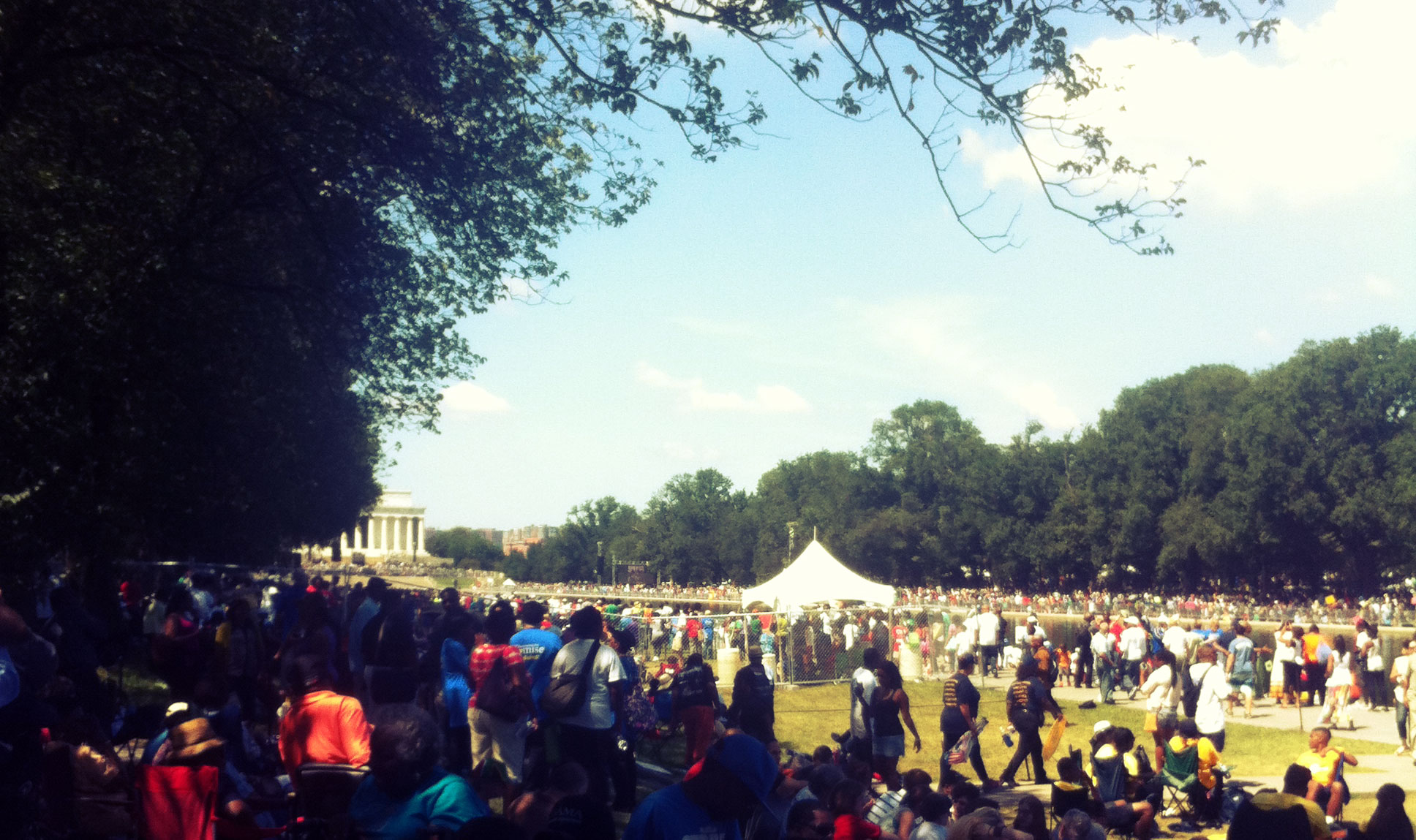
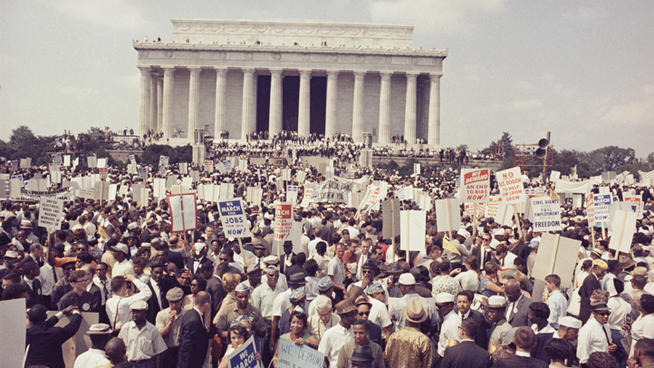

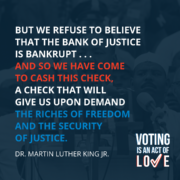
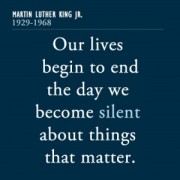
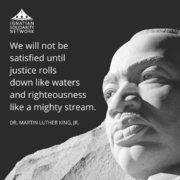
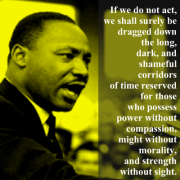
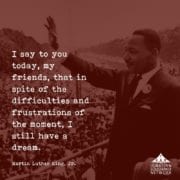
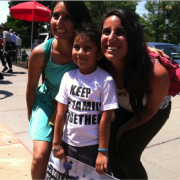

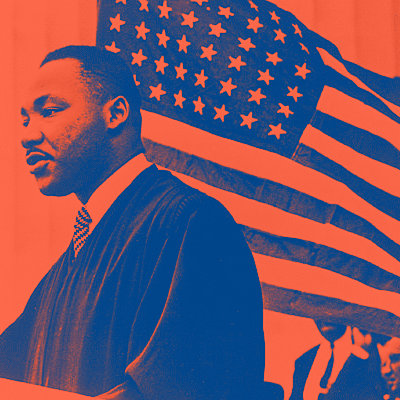
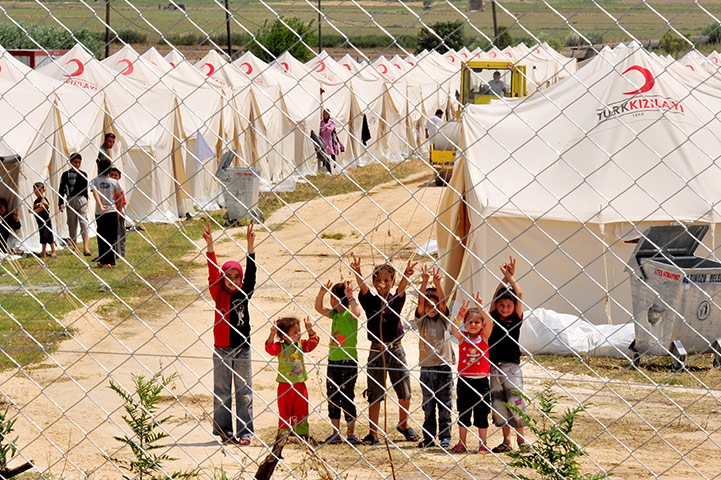
Leave a Reply
Want to join the discussion?Feel free to contribute!